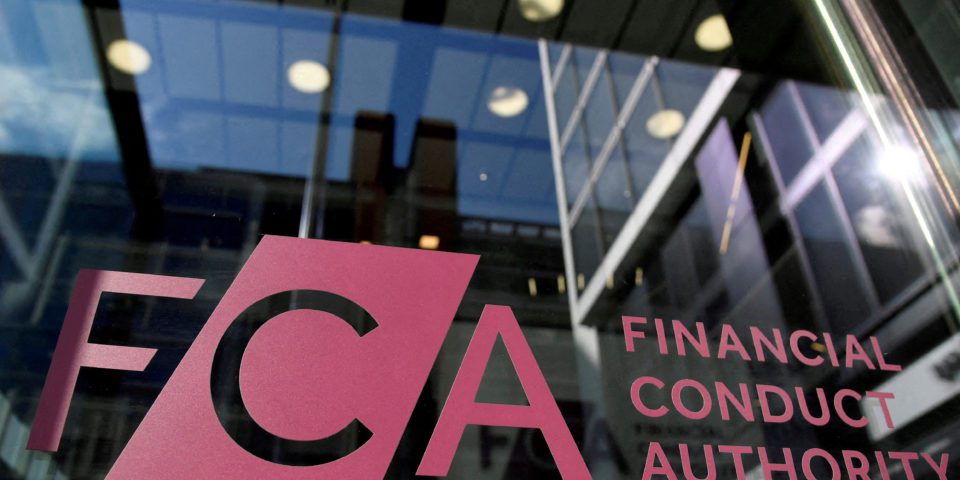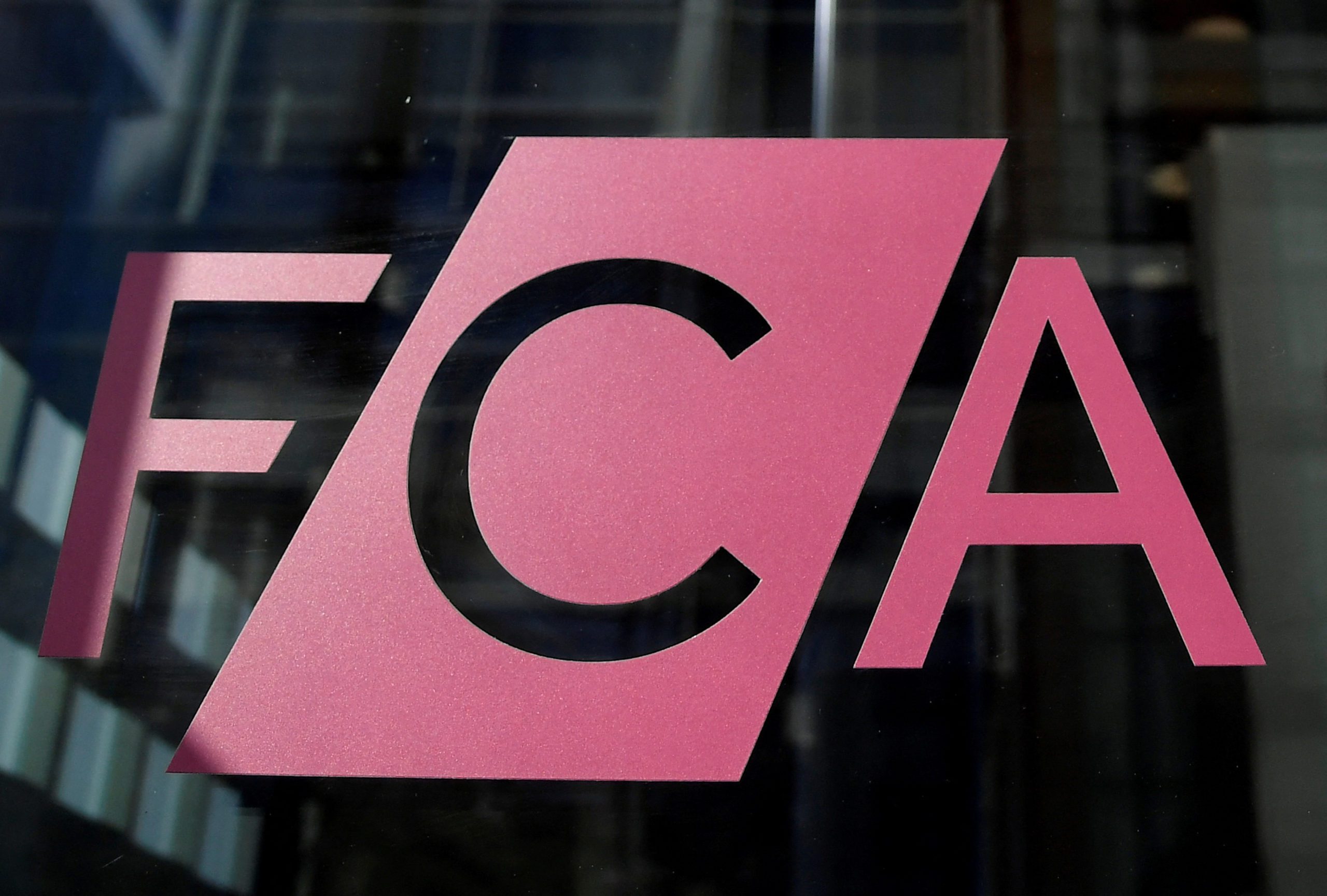By Paul O’Donoghue, Senior Correspondent
The UK’s Financial Conduct Authority is mulling new rules to protect customers when electronic payments companies go bust.
Under the proposals, e-payments firms would have to put client funds into a statutory trust.
This trust would then be able to quickly pay out compensation to customers if the company ever went insolvent.
The FCA said this would be an improvement on the current situation, where many e-payments firms do not properly safeguard client funds.
This means when an e-payments firm goes out of business, customers often don’t get all their money back. Even in cases where they get refunds, payments often take years to receive.
Currently, customers of e-payment companies are not covered by the UK’s Financial Services Compensation Scheme.
The scheme protects bank deposits of up to £85,000 per depositor when an authorized firm goes insolvent.
The FCA said e-money firms hold approximately £18 billion in funds from UK customers, up from £11 billion in 2021. This money is not covered by the Compensation Scheme.
The FCA said this means that a rising number of the UK population “is likely to be exposed to harm if there is a shortfall in safeguarded funds”.
The regulator said that it has looked at 12 e-payment insolvencies over the last five years. In a majority of cases, customers lost over 50% of their money.
The biggest change suggested by the FCA to improve this is for e-payments companies to put customer funds into a “statutory trust”.
This corporate entity would put client funds in low-risk investments, so the money could be preserved and given back to customers in the event of an insolvency.
“The trust will provide better protections for consumers, who will be the principal beneficiaries,” the FCA said.
Several other changes were also recommended, such as tightening rules around record-keeping.
The FCA estimated the total annual costs for UK e-payments firms would be £12.3 million.
The regulator is running a consultation asking for feedback on its proposals. Companies have until 17 December 2024 to respond.








